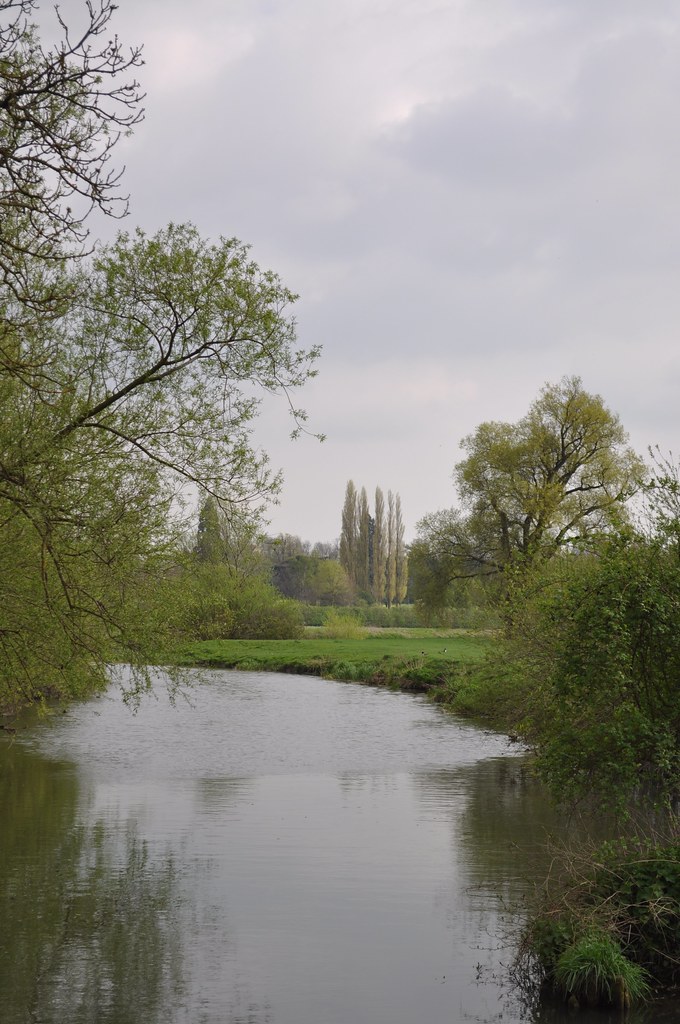Australian philosopher Damon Young has a piece about photography, self-distraction, and the use of cameras to avoid deeper interactions and difficult questions:
We are not simply eyes and ears, recording – we are also creatures of apprehension and doubt, expectation and regret, responding moment-by-moment to shifting experience.
Taking a photo or video takes our minds out of this thicket of reality we're inhabiting, and puts it into the viewfinder's safe clearing. We don't pause to reflect on our feelings or thoughts: we flee to the neatly framed, literally shallow, pixels.
In other words, ubiquitous photography can be a distraction from a more fraught, awkward or intense response to life. So the problem is not necessarily the imagery – it's the avoidance it enables. And the technology does not force us to do this. It is a human, all-too-human urge for ease: instead of confronting life, we turn away to a kitsch scene with a schmick filter.
I think I own a Schmick filter. And there certainly are times when my kids would argue that photography– especially photographing them– is a distraction. But Young concludes:
The point is not to shun technology – this idea is simply more distraction, in a romantic key. The point is to reflect on how it's used: to savour the run, or to just keep running away.
This is akin to my argument about photography and skilled observation, and how cameras can either take us away from paying deep attention to our surroundings, or help us engage more fully with it– to make us either mindless or contemplative, depending on how we approach the interaction.
